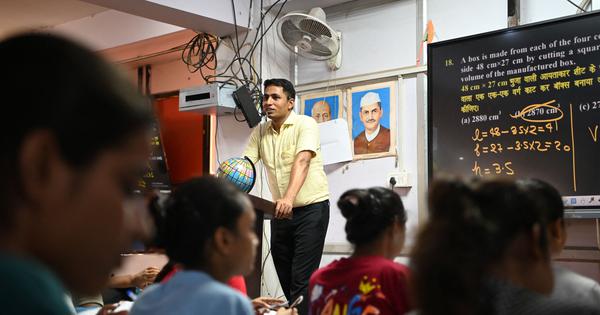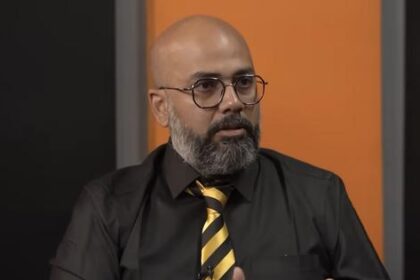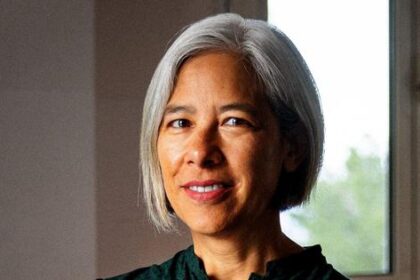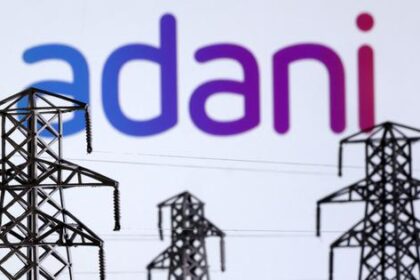Debate arises over ancient knowledge emphasis versus core mathematical competencies in new curriculum draft.
The University Grants Commission’s recently unveiled draft mathematics curriculum for 2025 has ignited discussions regarding its focus on ancient knowledge systems at the potential expense of essential mathematical subjects. Aimed at undergraduate and postgraduate students, the revised framework seeks to align with the National Education Policy, 2020, promoting what its authors describe as a “forward-thinking approach” that aims to provide students with a robust foundation in mathematical concepts and skills.
However, many academics and experts have expressed concerns that the curriculum’s heavy tilt towards ancient knowledge may undermine students’ readiness for the job market. Proponents of the curriculum maintain that there is nothing in the draft preventing the inclusion of core subjects. They argue that combining contemporary mathematics with historical insights can enhance students’ comparative reasoning skills. The draft retains fundamental subjects such as calculus, algebra, analysis, probability, and differential equations while also introducing electives in advanced areas like computational and data science, alongside a research project requirement for Bachelor of Science (Honours) students in their final year.
Despite these offerings, there is a notable push for Indian Knowledge Systems, which manifests in the inclusion of courses on Kala Ganana, Bharatiya Bijganit, Shulva Sutra geometry, and the Philosophy of Indian Mathematics. While these courses may present an appealing cultural narrative, critics argue they often repeat material covered at the school level and are more appropriately aligned with disciplines like astronomy and religious studies. For example, courses on traditional Indian timekeeping might serve as engaging cultural history but lack relevance to modern mathematical applications. The incorporation of Indian Algebra, which highlights the contributions of historical figures like Brahmagupta and Bhaskara, raises similar concerns about reverting to outdated methods at a time when students are learning advanced algebraic structures.
Furthermore, the focus on ancient texts such as Surya Siddhanta and Aryabhatiyam, primarily related to astronomy and cosmology, presents accessibility issues, as many of these works are available only in Sanskrit. Courses on cosmic time cycles and Panchanga, which delve into auspicious timings, further divert from the core mathematical curriculum. Such inclusions may risk diluting the academic integrity of the mathematics education framework, especially for students preparing for competitive exams like the Joint Admission Test for Masters (IIT JAM) or international graduate programs.
Indian mathematicians have significantly influenced global mathematics, with foundational contributions like the decimal place-value system and concepts of zero. Nevertheless, the challenge lies in balancing the recognition of this rich heritage with the necessity of modern mathematical rigor. As artificial intelligence and machine learning shape the future job landscape, an overemphasis on heritage courses could jeopardize students’ preparedness for contemporary challenges. To preserve both the cultural significance and academic integrity of mathematics education, it may be more effective to offer courses on the history of Indian mathematics as electives, rather than core subjects. This approach would maintain a rigorous core curriculum centered on proof, abstraction, and applicability, essential for success in today’s competitive global economy.
In summary, while acknowledging the importance of India’s mathematical legacy, it is crucial that the educational framework prioritizes modern competencies. Striking a balance that appreciates cultural heritage without compromising the foundational elements of mathematics is essential for equipping students for future challenges in technology and science.








